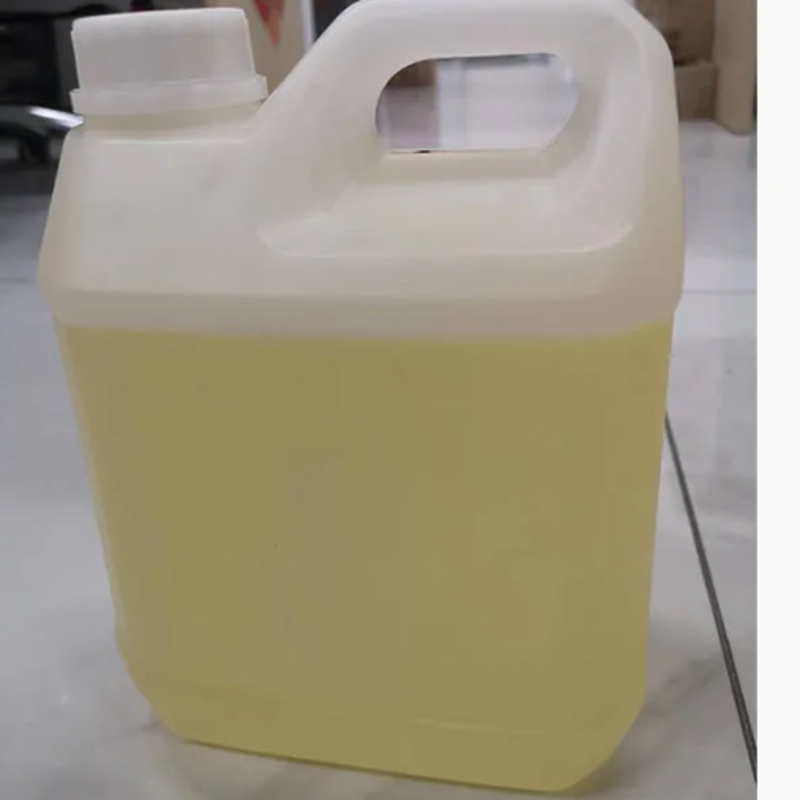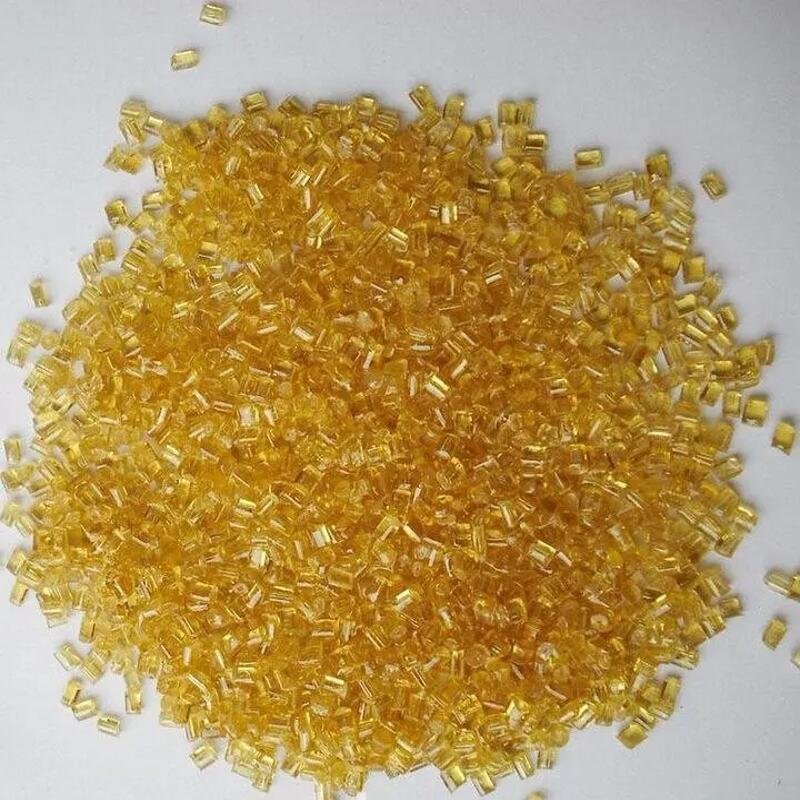-
Categories
-
Pharmaceutical Intermediates
-
Active Pharmaceutical Ingredients
-
Food Additives
- Industrial Coatings
- Agrochemicals
- Dyes and Pigments
- Surfactant
- Flavors and Fragrances
- Chemical Reagents
- Catalyst and Auxiliary
- Natural Products
- Inorganic Chemistry
-
Organic Chemistry
-
Biochemical Engineering
- Analytical Chemistry
-
Cosmetic Ingredient
- Water Treatment Chemical
-
Pharmaceutical Intermediates
Promotion
ECHEMI Mall
Wholesale
Weekly Price
Exhibition
News
-
Trade Service
Global chemical leader Sabic and next-generation automaker Local Motors have announced that they have completed a study to understand whether parts made using large-format rapid prototyping (LFAM) can be recycled into new parts before they are finally made into new parts.
new material
.
This project aims to study the feasibility of recycling waste thermoplastic parts and quantify the resource savings due to 3D printing
.
To determine this, the researchers tracked the printability and mechanical properties of parts made with Sabic's LNP™ THERMOCOMP™ AM enhanced compound after recycling
.
The results are very promising, although the researchers stress that more work needs to be done before it becomes a truly effective solution
.
Sustainability is increasingly important in various industries, especially when it comes to disposing of parts, and additive manufacturing is no exception
.
Manufacturers are thinking about how to become more sustainable, both as a way to protect the environment and to reduce costs
.
One of the ways that many people achieve this is by trying to move more towards circular manufacturing processes, a key part of the circular economy
.
In the process, manufacturers seek to recycle already-manufactured components into materials so that they can be reused for future components
.
That's the gist of this particular joint study
.
Feasibility studies and their results
Feasibility studies and their resultsAs mentioned earlier, the goal of this feasibility study is to explore sustainable alternatives to landfilling large printed components to slow the production of new LFAMs
.
Currently, there is no established value chain for recycling post-production LFAM components and scrap
.
And so far, most recycled parts are smaller and often use materials like PLA, which has been designed to be biodegradable
.
In this study, Sabic and Local Motors tested the printability and mechanical properties of Sabic's LNP™ THERMOCOMP™ AM enhancement compound after printing, recycling, grinding and reprocessing into pellets
.
The aim was to understand the properties of this material and whether degradation from multiple thermal cycles would limit the material's opportunities for reuse
.
For testing, they prepared material samples of six compounds with 0, 15, 25, 50, 75, and 100 percent reprocessed content
.
The experimental results show that recovery is promising
.
Each sample was used to print a single-walled hexagon on Sabic's large-area additive manufacturing machine
.
All samples printed well, showing "smooth and glossy surfaces and straight, uniform layers with no material flow issues"
.
In addition, they also tested mechanical properties
.
Testing showed excellent tensile properties, but only in samples with a small percentage of regrind
.
A "more severe drop" was found in samples with a higher proportion of regrind, resulting in a 20% drop in tensile properties on the X-axis and a 15% drop on the Z-axis for the 100% regrind sample
.
However, according to the press release, this finding is typical of regrinding used in other processes, including injection molding
.
Speaking of these results, Walter Thompson, Senior Application Development Engineer at Sabic, concluded: "As the adoption of large-format additive manufacturing accelerates, we must find sustainable ways to avoid large-scale printed parts from going to landfill
.
Sabic and Local Motors have investigated The utility of using mechanically milled scrap materials and end-of-life parts from LFAM has
been demonstrated.
Our research shows the great potential of reusing these materials and marks the first step in supporting reuse in the value chain
.
"







